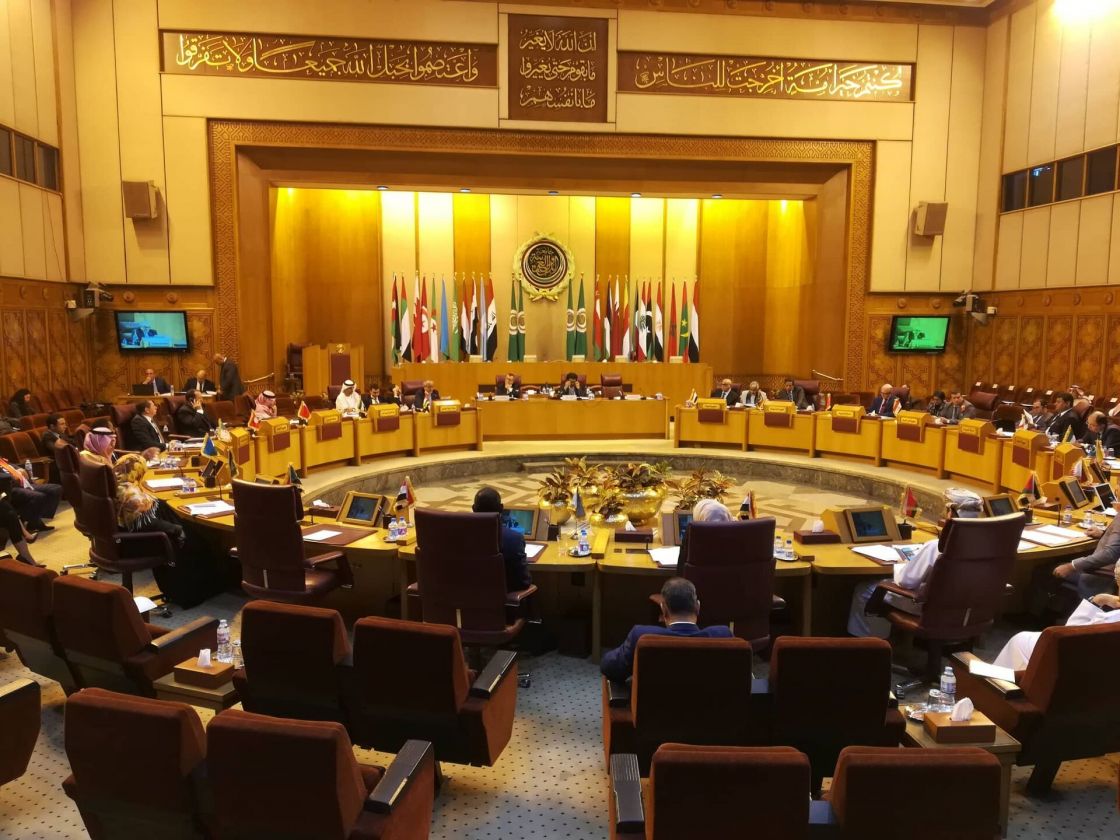- Editorials
- Posted
Kassioun Editorial 1118: Towards a Complementarity Between Astana and the Arab Role
The Saudi Foreign Ministry released a statement on April 15, at the end of a meeting in Jeddah that included foreign ministers of a group of Arab countries. The statement focused on the Palestinian and Syrian issues. On Syria, the statement said:
“During the meeting, the ministers exchanged… viewpoints on the efforts being exerted to reach a political solution for the Syrian crisis in a way that puts an end to all its repercussions and preserves Syria's territorial unity, security, stability and Arab identity and brings it back to its Arab fold….
The ministers also affirmed the importance of combating all forms of terrorism and terrorist organizations and the need to combat illicit drug smuggling and trading. They also underlined the importance of the state institutions in preserving the sovereignty of Syria on its territories to end the presence of armed militias on it and the foreign interventions in Syria's internal affairs.
The ministers underlined a political solution is the only way to end the Syrian crisis, emphasizing the importance of a vital and leading Arab role in this direction which requires putting in place mechanisms to intensify consultations among Arab countries in a way that guarantees the success of those efforts.”
Releasing this statement, using this language, is important progress that carries within its folds many messages, including with regard to Syria’s return to the Arab League. In order for things to be clearer, away from the media-political games by the Syrian extremists on both sides, some things must be explained:
First: The decision to suspend Syria’s membership in the Arab League to begin with was against Syria’s and the Syrian people’s interests. That decision was dictated by the US at the time, and it was intended to increase the level of internationalization and complexity of the Syrian issue, as well as increase the level of attrition and destruction in Syria.
Second: Likewise, that decision was directly in the interest of extremists on both sides, regardless of what they said or say. Suspending Syria’s membership in the Arab League and internationalizing its crisis practically meant not only delaying the solution, but also delaying the process of real political change, which means silencing the Syrian people, and keeping afloat extremists of all sides for years, within the American “quagmire” policy, which became publicly known years ago.
Third: All the rapprochement, settlement, and reconciliation processes taking place in our region lately, including the Saudi-Iranian settlement, as well as the Syrian-Turkish settlement, are taking place against the will of the Americans and the Zionists, and in spite of them. Rapprochement and settlements between Syria and the Arab world will also go the same way.
Fourth: There are who are trying to present the outcome of the Arab movement towards Syria as one countering the Astana movement. It is not difficult to conclude that these efforts serve American and Zionist interest. It is also no secret that certain sides have already started trying to divert this movement from its true goals of achieving stability in Syria. Nevertheless, what is certain is that the overall outcome is moving in parallel with Astana, and in a way that serves the rearrangement of the region as a whole in accordance with the interests of the Syrian people and the interests of the Arab peoples and the peoples of the region, all of which intersect in their hostility to Zionist and American interests.
Fifth: A positive and complementary relationship between the Astana process and the Arab role, especially through Saudi Arabia, is an irreplaceable necessity to secure all the necessary conditions for a comprehensive solution to the crisis in Syria in accordance with UNSC Resolution 2254. While many Kassioun editorials have previously talked about the need for complementarity of this kind, what is new is that this need has now become a realistic possibility.
There is no doubt that a comprehensive rearrangement is taking place in the region and the world, the basis of which is the search for real stability on the ruins of American hegemony. Real stability will not happen without achieving people’s satisfaction, and the latter will not be achieved without deep structural changes. These changes are now more imminent and mature than ever, not only from a domestic perspective, but also from the perspective of the great changes taking place in the entire world.


